Mental Health IOP
IOP for Mental Health
Mental health IOPs are programs meant to help those dealing with severe mental illnesses. These problems can lead to an increased risk of a number of different issues including substance abuse, suicidal ideation, self harm, and more, all of which can be improved by a mental health IOP.
Check out Renaissance Recovery’s sister program Connections Mental Health below:
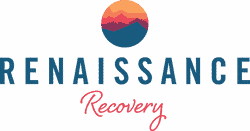
By: Renaissance Recovery
Clinically Reviewed by: Diana Vo, LMFT
Last Updated:
03/24/2024
What is an IOP in Mental Health?
Mental health IOP is a form of treatment in which an individual goes through various mental health treatment services including both individual therapy and group therapy sessions for a segmented amount of time during the day, or throughout the week. This allows them to get the benefits of traditional treatment while not interfering with their own personal schedule.
If you are looking for a mental health facility, Connection Mental Health is here to help
Table of Contents
Mental Health Intensive Outpatient Program
Mental health disorders, and substance use disorders commonly occur together. If you or a loved one is dealing with both problems, a mental health IOP will be critical for a thorough and long-lasting recovery. If one part of the puzzle is left untreated, there is a great chance of relapse in symptoms and drug use. Experts utilize dual diagnosis in mental health treatment in Southern California to address both conditions.
Going to a mental health IOP in Orange County provides a more structured therapeutic environment than regular outpatient programs. A mental health intensive outpatient program in Southern California addresses the root issues of mental health and substance use symptoms, and also makes the most of medication management. Thorough treatment includes a mix of evidence-based and holistic treatment programs to heal the mind and body, including:
- Cognitive behavioral therapy
- Dialectical behavior therapy
- medication management
- Seeking Safety
- Motivational interviewing
- and more
Mental health disorders left untreated can lead to bigger issues. Untreated mental health conditions have serious consequences like dangerous symptoms, drug and alcohol abuse, violence, incarceration, self-harm, suicidal ideation, or homelessness. For this reason, seeking out a mental health facility can be critical for your life or a loved one’s.
Clinical Mental Health Counseling
Mental health disorders are not something to be taken lightly. Problems like depression, anxiety, bipolar disorder, and post-traumatic stress disorder (PTSD) can all have detrimental effects on an individual’s overall well-being. The best way to work to overcome these issues is to seek out the help of trained, licensed mental health counselors who can work with you or your loved one to conquer these issues.
During mental health counseling, clients will go through a myriad of different treatment modalities to help them overcome whatever type of mental health disorder they may be suffering from. Clients may experience everything from family therapy, to cognitive behavioral therapy, to eye-movement desensitization and reprocessing during their time in a mental health treatment facility.
Mental health counseling services, like those offered at Connections, must take into account each client’s specific disorder(s) to ensure that they are getting the proper treatment needed for their condition.
Benefits of Mental Health IOP
There are many benefits to mental health intensive outpatient programs in Southern California. Although time-intensive, going to an IOP program allows you to stay close to your family. It reduces the hassle of balancing daily errands and treatment responsibilities. The program works with your schedule, so you don’t drop out of a demanding career or a loving home life. In the same fashion, treatment maintains a higher level of discretion. Not to mention, it’s more affordable than residential treatment programs.
Equally important, mental health IOP allows you to see that you are not alone. In therapy, you are amongst your peers all working towards lasting recovery, similar to a support group. Community-focused programs boost your mindfulness, self-worth, and confidence. As listed above, many evidence-based and holistic programs let experts assess your best path to recovery. Additional resources like the vocational development program help you get back on your feet. This program not only creates a plan for clients to successfully learn important life skills, but also helps them enroll in school or find steady employment.
In order to put your mind at ease, Renaissance Recovery’s sister program at Connections can address the root causes of your mental health. With more support and a stronger foundation, long-lasting recovery stays within reach.
Depression is diagnosed as an overall mood disorder. It’s symptoms include feelings of sadness, loss, or anger that mitigate a person’s general happiness and ability to accomplish things.
It’s unfortunately a very common mental health disorder. The Centers for Disease Control and Prevention (CDC) dictate that as many as 8.1 percent of American adults the age of 20 and over have once encountered or had depression in any 2-week timeframe from 2013 to 2016.
Luckily, there are depression therapy programs in place to help those who are struggling with this form of mental illness learn the tools and coping skills they need to overcome.
PTSD is a mental health disorder that some people manifest after witnessing shocking life events, such as an automobile accident, sexual or physical assault, rape, war trauma, and more. It’s very standard to have traumatic memories, mental stressors, feel unsettled, or have trouble resting after this type of shock to the system.
Should symptoms last more than three months, it could be PTSD. The positive news is that there is hope for people experiencing PTSD, as it is treatable. Through the use of various PTSD recovery programs that utilize evidence-based treatment methods, such as eye-movement densensitization and reprocessing, clients can work to overcome their struggles.
Anxiety disorders fall under the mood disorder classification for a mental health diagnosis. Anxiety may lead to extreme amounts of nervousness, shakiness, apprehension, and general worry.
This mood disorder alters how a person intakes emotions and behaves, also creating physical symptoms in the body. Mild anxiety might be mostly manageable and unsettling, while severe anxiety may seriously impact normal day to day activities like trying to open a car door or stack a pile of papers.
Anxiety as a mental health issue affects up to 40 million people in the United States.
It is one of the most common mental illnesses in America.
Strangely, only 36.9 percent of people who possess anxiety disorder receive treatment for this issue.
Obsessive-compulsive disorder (OCD) is a disorder in which people have nonstop, unwanted thoughts that make them feel obligated to do something repeatedly and with precision (compulsions) — what specifically will vary person to person.
These repetitive behaviors can significantly hamper a person’s daily activities and social relationships.
Many people without OCD can have alarming thoughts and repeat doing things with extreme frequency in an obsessive manner.
However, the obsessive thoughts and behaviors do not typically interfere with their daily life. People with OCD often have thoughts are persistent, and behaviors are consistently obsessive. They may know that they have OCD or are overreacting but ultimately, one can’t really know till they speak to a mental health professional. The mental health disorders listed above are just some of but not the full scope of mental health disorders we treat at Renaissance.
Mental health disorders take a great toll on human life and everyday activities. It can be difficult to perform an intervention with a loved one and let them know they need help, but it is worthwhile. Help is available if you need it and there is always a path forward.
At Renaissance Recovery, our mental health specialists and therapists are well versed in the ins and outs of mental health disorders. You may ask, how do I get in touch with a professional today? Below we discuss options for treatment and ways to reach Renaissance.
Inside Our Facility

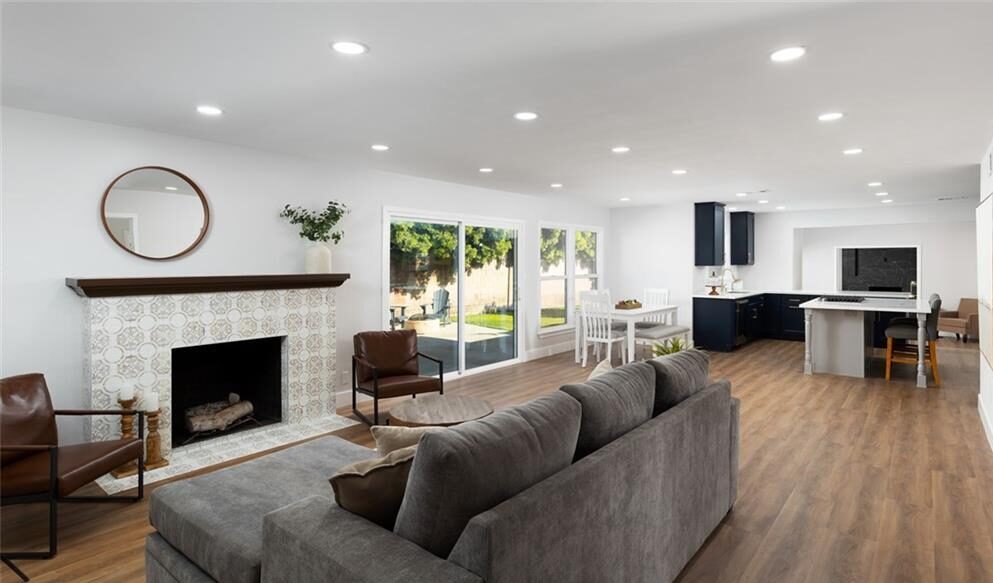
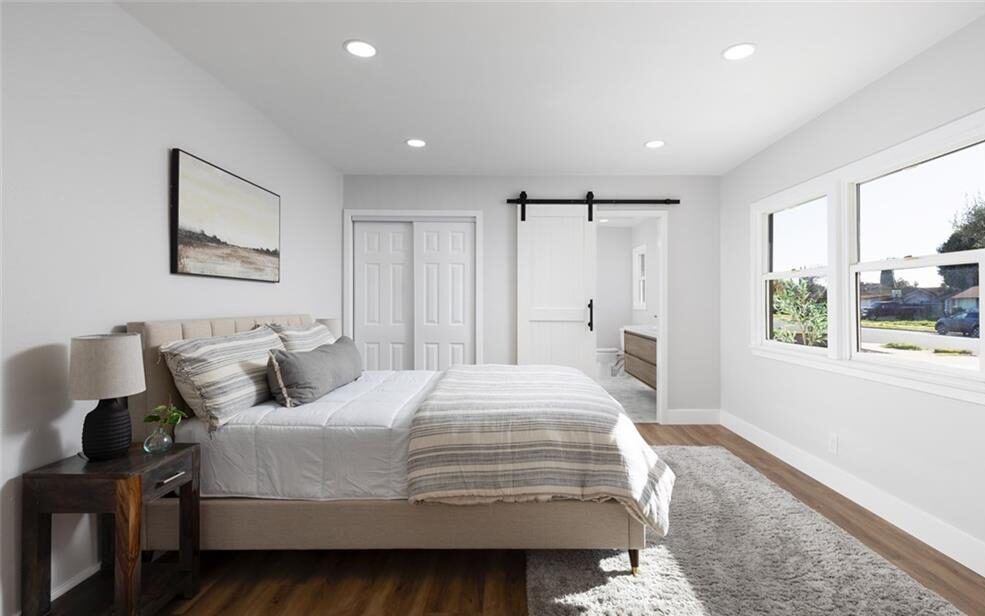


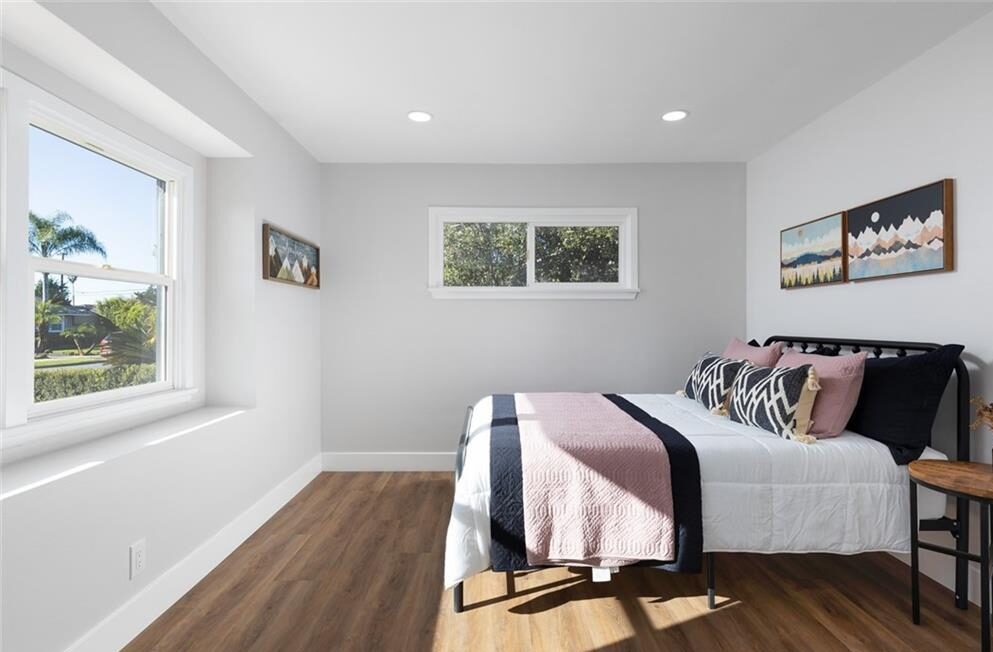

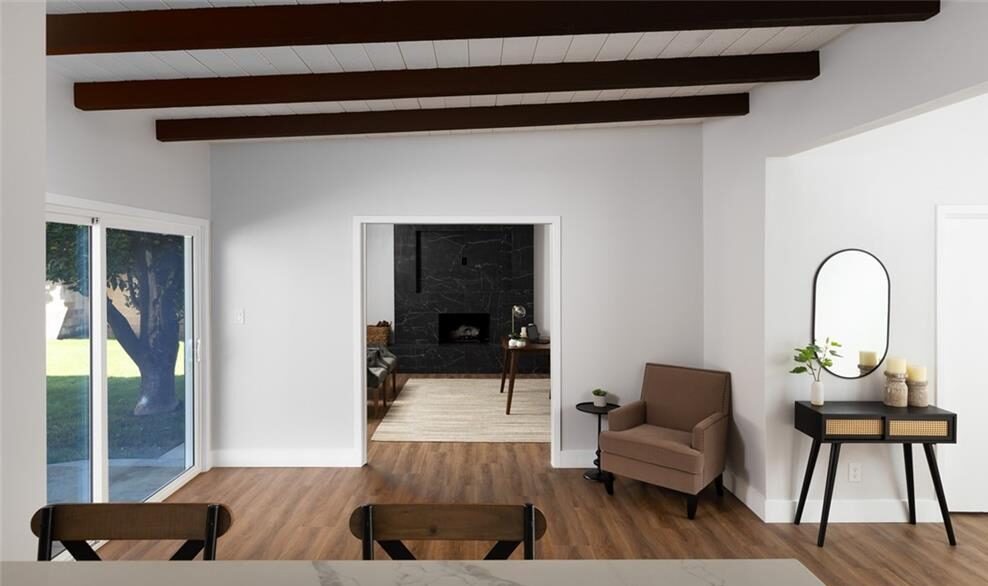
Connections Mental Health Treatment
We offer compassion-first treatment for mental health, specializing in treating the whole person–not just their symptoms.
At Renaissance Recovery’s sister program Connections Mental Health, we provide an intimate, family-like environment for de-escalation, clinical therapy, and long-term stabilization. With 24/7 supervision, individualized care, medication management, and more, our outstanding treatment program provides a safe and effective place for healing.
Rehabilitation can put an end to addiction
Call and ask the facility directly or call your own provider to determine if your insurance covers the treatment.

